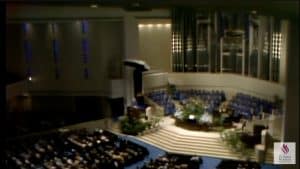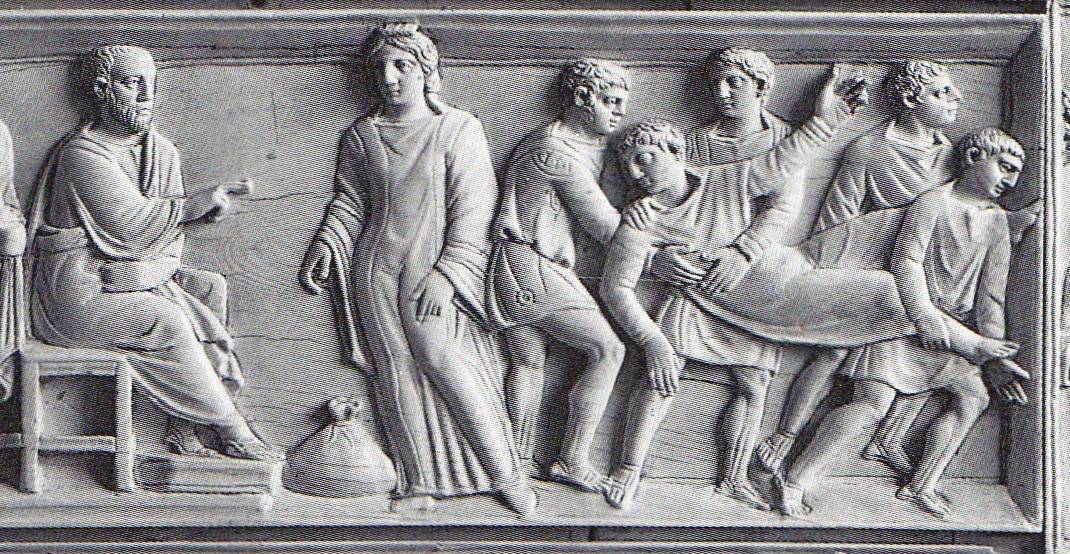In Acts 2:40-47, 4:32-37, and 5:1-11,
-
- gifts given by the members of the early church were voluntary,
- absent government involvement,
- spontaneous as opposed to planned, and
- freely given —
- not taken and redistributed.
- The truth that those who gave gave from that which they owned makes their giving true charity as opposed to forced redistribution (an inherent trait of socialism).
- Moreover, private property and private property rights were recognized and affirmed in the early church. Peter upheld these explicitly when he rebuked Ananias in Acts 5:3-4. Ananias and his wife, Sapphira, had “sold a possession” and given a portion of the proceeds to the church. The problem was that they lied about the amount they gave; apparently they claimed to have given all of the money from the sale when they gave only part of it. Both paid for this sin with their very lives.
These kinds of elements in Acts 2, 4, and 5, and particularly in Acts 4:32-5:11, prompted Dr. D. James Kennedy to say this (in the first of these three videos),


Let us answer the question, Does the Bible teach socialism? Now, whenever you hear people make that claim, they invariably will appeal to one passage, from Acts, the fourth and fifth chapters, dealing with Ananias and Barnabas. Barnabas, you recall, sold a piece of land and brought and gave it to the apostles and then, Ananias and his wife sold a piece of land, emulating him — but kept back part of the price, and brought only a portion of it and lied about it. But they say that this passage contains within it all of the basic principles of socialism.
Well, I would like to submit to you as a thesis this morning, that not only does this passage not teach the principles of socialism, but that it countermands all of the various basic fundamental tenets of socialism, and is an unparalleled broadside against the socialist ship of state. I do not see how one could have a more explicit repudiation of socialism than this very passage.
Thus, the very practices of the early church (the above bulleted items), as well as Peter’s statements recorded in Acts 5:1-11, affirm and uphold private property rights and personal freedom in the economic realm — not socialism.
Here’s another summary offering six reasons it’s clear the early church did not practice socialism: In Acts 2 and Acts 4, 1) contributions were voluntary, 2) the government was not involved, 3) no centralized planning occurred, 4) members who gave owned what they gave until they gave it, and 5) resources were brought to the apostles (not to the government). Also, 6) in Acts 5:3-4, Peter explicitly affirmed private property rights and personal freedoms, even as he rebuked Ananias for his and Sapphira’s lie. (This summary is available in a PDF download here.)
This page is part of a larger article or Bible study.
Copyright © 2021 by B. Nathaniel Sullivan. All rights reserved.
top image credit: Ananias and Sapphira on the Brescia Casket
